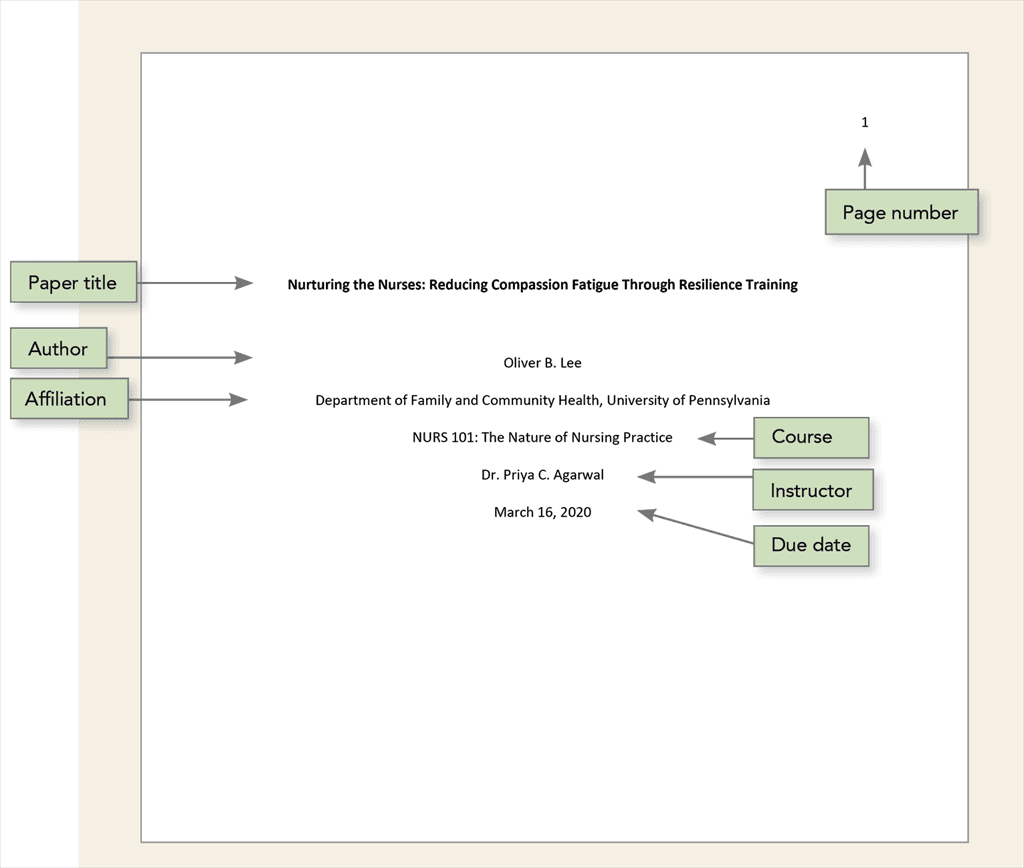Introduction
In the digital age, academic writing depends more than ever on proper citation and referencing. At the same time, new tools are changing how we create references. The APA citation generator, especially, has become a key tool for many students, teachers, and researchers. These digital helpers often give the right reference for a source in just a few seconds. Even simpler versions are now found in many word processing programs. They offer the quickest way to make a reference in any style, usually without helping us compare why different styles might do it differently. Actually, some Citation Machines aren't very reliable. They aren't actually machines that know how to cite. They're more like reference word processors that help us visually get to the final stage of a reference. But as we use them more, we should think again about the value of creating a "works cited" list in the first place and the role citation plays in digital academic writing.

Understanding APA Citation Generators
By making it easy to automatically create citations in the APA style, citation generators have helped more students and researchers do honest academic work. Even though the Online Writing Lab at Purdue University (OWL) has made APA style very clear and easy for everyone, and even though some people think using formatting tools is a lazy shortcut, it seems that doing things "the Purdue way" avoids confusion and, most importantly, stops plagiarism.
Nowadays, many well-known citation generators are dependable tools that students can trust. Cite This For Me is a good example of user-friendly design. It has a nice interface that's easy to use and understand. It covers a wide range of source types and even shows users a real-time preview of how the citation will look in APA style. This online tool is pretty advanced compared to others. Because of that, and because some of its best features come with a premium subscription, we put it second after the free tools we love the most. Zotero is definitely among our top picks for free and open-source tools. One reason is that it has great browser integration and works well for group projects. But to use it effectively, you need to know how it works and follow the guidelines(Lisedu Network) for using online citation resources.
Usually, when making citations, people put in their bibliographic information like author names, publication dates, and so on. When people use a computer program to help them with citations, they always give the program their information. The program takes the user's info and runs it through an algorithm that knows how to do citations. The program gives back a citation that looks correct according to the rules of a specific citation style. Since "look correct" means it follows the style's rules, we can say that citation generators use algorithms.
Even though we now have automated tools, it's still super important to understand how they work. This is especially true in the academic world, where making and checking citations by hand is still common, and sometimes the only accepted way. Using a tool can make the tricky and sometimes tedious APA citation format look a lot easier. But users need to compare their automatic citations with official APA examples if they really want to understand how to cite correctly in their specific discipline. Following the latest examples in the Publication Manual or the APA Style Guide to Electronic Resources is the best way to avoid common mistakes, which these added e-tools don't always help with.

Popular APA Citation Generators Comparison
MyBib
MyBib has emerged as a prominent APA citation generator, offering a streamlined approach to reference management.
The platform has a free and easy-to-use interface that works with many citation styles, especially ones students and researchers often use.
Its main feature is that it can automatically find and format sources precisely from URLs, DOIs, and ISBN numbers.
The free version works well and has all the basic functions most people need. But if you want more advanced features, like being able to store unlimited references and work with others, the free version might not be good enough for you.
Cite This For Me
Cite This For Me is a flexible citation management solution, and it offers a super handy Chrome extension that makes citing sources almost as easy as copying and pasting. Users can set up their accounts quickly and begin generating citations in just a few minutes. The platform caters to a huge variety of sources, both print and digital, using citation styles that are common in the academy ( APA, MLA, Chicago, etc.) and also some less common ones. Actually, Cite This For Me covers more ground than most of the other services we've looked at when it comes to source types. But here's the main problem: you kind of get what you pay for. Of course, the basic services are free.
Citation Machine
Citation Machine is a citation generator, but it could be more than that. It's starting to add some helpful writing features. Now, it has grammar checking and even checks for plagiarism. I say "even" because, like you, I had no idea it could do that. People who've used it for years probably didn't know either. And plagiarism checking isn't just for students either. It's for teachers too. So, do these new features that my grandma's word processor has make Citation Machine a better tool? Is it more than just a simple site that makes citations?
EasyBib
EasyBib is a website that's really helpful for students and teachers who are learning how to cite things. It works directly with Google Docs to let users create bibliographies as they write their papers. This is a big help because making a bibliography is often a boring and easy-to-screw-up task. When used correctly, EasyBib can reduce the number of citations being plagiarized, even if indirectly. Overall, it's a good tool for teachers and students that fits perfectly in the "give them a tool and they'll use it" moment that happens often in education.
Best Practices and Tips
Using APA citation generators can be pretty helpful for students. However, it's important to understand what they can do and what they can't do. If you don't know how to use these online tools properly, you'll probably end up with citations that are either wrong or not as good as they could be, which could hurt your grade.
A few reliable online tools are considered the best in this area. They are Zotero, Mendeley, Citation Machine, EasyBib, and EndNote Web. Zotero probably offers the best citation possibilities, but it requires some initial setup. In my experience, the other tools are similar in quality and capability, but they have different strengths and weaknesses.

PaperGen Supports Multiple Source Types
One of PaperGen's standout features is its ability to handle diverse source types. From scholarly articles and books to multimedia sources and webpages, PaperGen accurately formats each citation according to APA standards. Users no longer have to worry about keeping track of varying citation rules for different source types, as PaperGen provides a comprehensive solution for all referencing needs.



